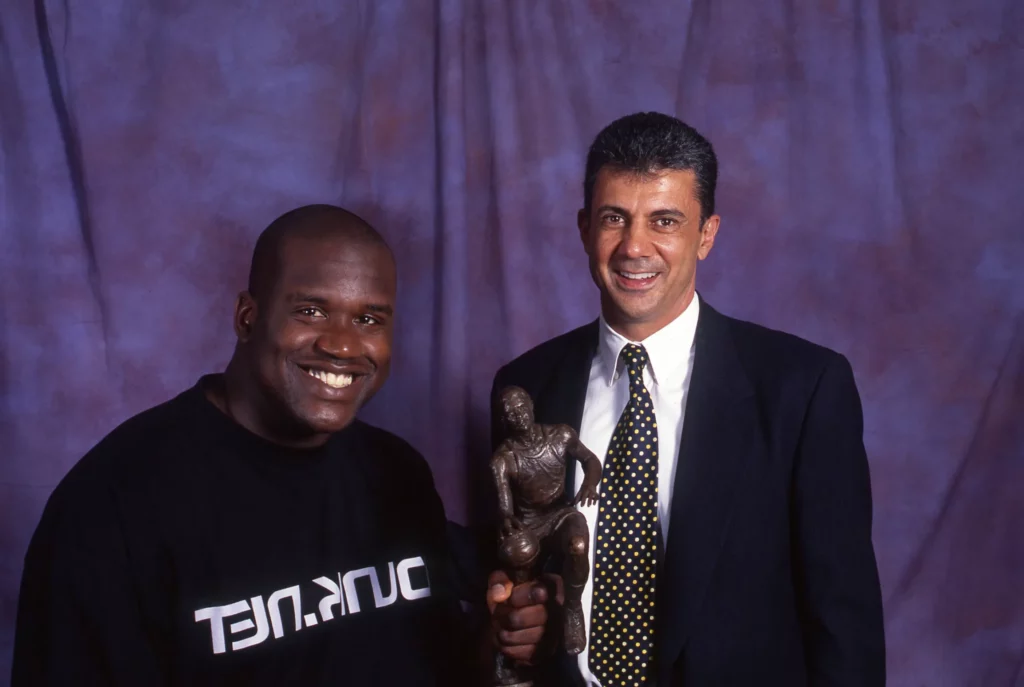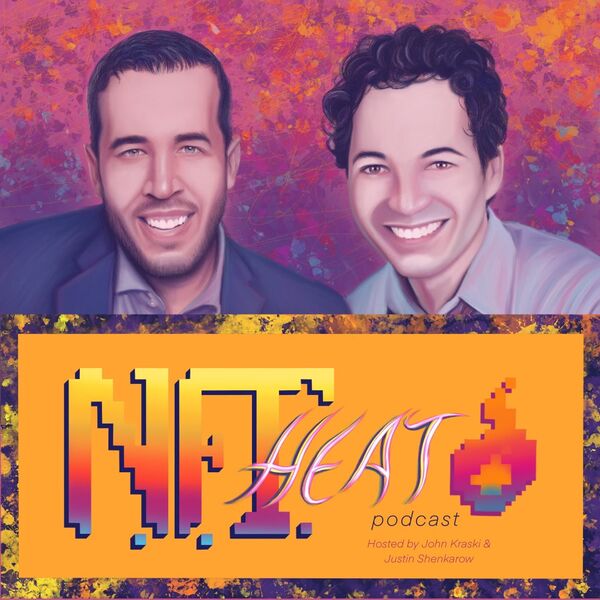How Prime Time Deion Is Changing College Coaching And The Transfer Portal.
By: Leonard Armato for Forbes.com
By: Leonard Armato for Forbes.com
It was national news when Deion Sanders was hired last week as the head coach of Colorado University’s struggling football team and college football will never be the same. “Prime Time” Deion lit up the media with his press conference announcing his new coaching job and his first meeting with the current University of Colorado football team.
At his press conference Deion made it clear that he was “old school” and that there was “new sheriff in town” that would hold his players to the highest standard of accountability both on and off the field. He then conducted a players meeting and told them to go get on the portal or be ready to compete against the top tier new talent he would attract to the school. Following his announcement, it was reported by On3.com that the school has had over 200 players including a number of 4 and 5 star recruits inquire about transferring to play at Colorado and 4 star running back Dylan Edwards de-committed to Notre Dame and put Colorado on his list, alongside Kansas State as his school of choice. The smart money is on Colorado and Coach Prime.

DENVER POST VIA GETTY IMAGES
Deion’s media blitz made it clear to the world that college coaches are the new rock stars of collegiate sports and have the power to transform a program through the use of the transfer portal. But Deion wasn’t the first charismatic coach to re-ignite a flagging program through the use of the portal. Lincoln Riley did it spectacularly this past season for the University of Southern California by taking a 4-8 team to a record of 11-2 by taking Caleb Williams, his Heisman Trophy front runner and star quarterback with him from Oklahoma via the transfer portal. Riley also brought in roughly 40 new players via the portal including star wide receiver, Mario Williams and CB Latrell McCutchin.
The message is now clear to conferences and universities that charismatic coaches are the key to building a successful program and schools must be willing to make the investment if they hope to compete. Deion Sanders agreement averages roughly $6M per year and while Colorado has never awarded that type of lucrative contract to a coach before, the expectation is that the investment will provide the school a handsome return by transforming the football program and super charging fundraising from boosters of the school. Sponsorship and ticket sales have already increased dramatically and boosters are for the first time in years lining up to provide financial support to the program.
The effects of all this have filtered up all the way to the Conference level. At the Sports Business Journal Intercollegiate Athletics Forum in Las Vegas this past week all of the Conference Commissioners discussed the importance of their media deals and how they were driven by the success of their football programs. Pac-12 Commissioner, George Kliavkoff, was one of the few Commissioners still in the midst of negotiating the media deal for his Conference and he said they would not likely conclude until early 2023. It has been widely reported that ESPN and Amazon are the prime candidates to secure these rights but that the parties are still far apart. Admittedly several factors will impact the value of that deal and how the negotiations ultimately conclude. One is whether UCLA will be permitted by the California board of Regents to withdraw from the Pac-12. That decision is expected by next week. If UCLA is somehow forced to stay that would strengthen the Pac-12’s hand in its media rights negotiations. And second, Kliavkoff openly shared his enthusiasm that Colorado (a Pac-12 schools) had secured Deion Sanders as its head football coach. If you read the tea leaves, Deion will likely turn the Buffs into a football powerhouse which makes the Pac-12 media rights significantly more valuable.
It will be exciting to see where this is all headed but every Conference and University needs to come to grips with the reality that coaches are king and every school is but a charismatic head coach away from being a contender for the National Championship and the money and prestige that comes along with it.

